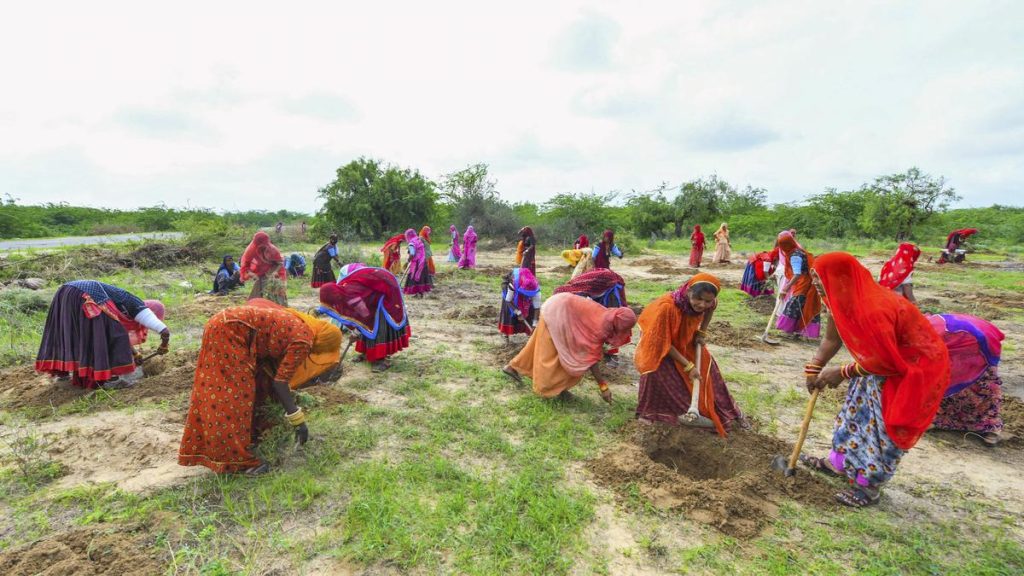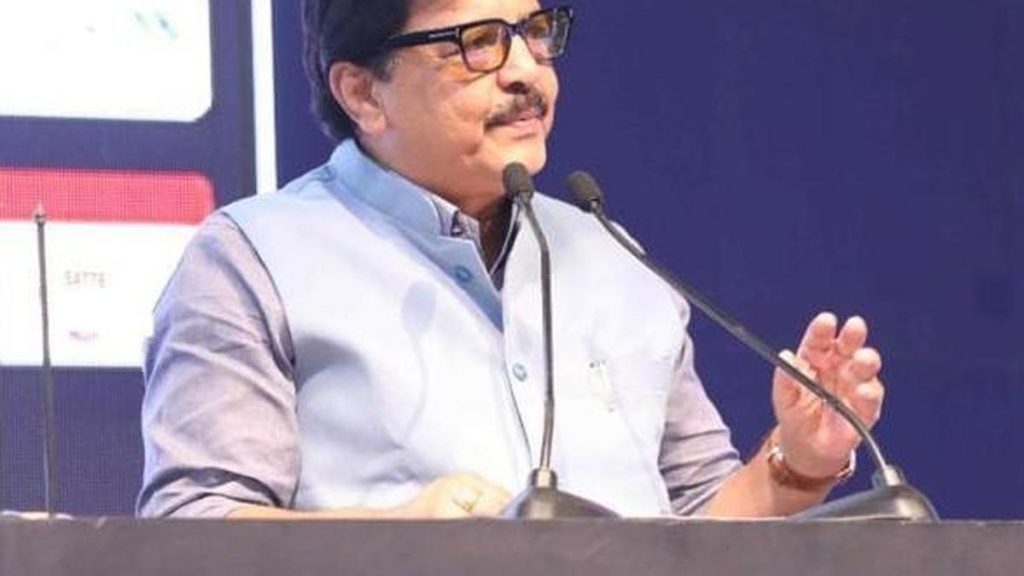Now Reading: Govt Faces Criticism Over SC Students Paying Full Fee for Engineering Courses
-
01
Govt Faces Criticism Over SC Students Paying Full Fee for Engineering Courses
Govt Faces Criticism Over SC Students Paying Full Fee for Engineering Courses

Rapid Summary
- R.S. Praveen Kumar, BRS leader and former IPS officer, accused the congress Government of imposing financial burdens on Dalit (Scheduled Castes) students pursuing engineering courses.
- Previously,SC students’ tuition and maintenance fees were reimbursed directly to colleges; under new guidelines,reimbursement is sent to students’ bank accounts.
- Many SC students face difficulties paying full fees upfront due to these changes, leading college managements to deny admissions for non-payment.
- Other reserved categories reportedly continue benefiting from previous fee structures without similar restrictions.
- Mr. Praveen Kumar questioned the government’s rationale behind these new guidelines and their implications for SC students’ access to professional courses.
Indian Opinion Analysis
The allegations raised by R.S. Praveen Kumar spotlight shifts in fee reimbursement policies affecting Dalit (SC) students in Telangana. The decision to credit reimbursements directly into accounts places an immediate financial burden on individuals who may lack resources for upfront payments-a potential barrier for accessing quality education among marginalized groups.
While aiming for greater transactional transparency through direct transfers might be a government-driven motivation, its practical outcome seems undesirable if college admissions get disrupted mid-process. Furthermore, selective request of this policy-if corroborated-could generate claims of inequity within the reservation framework itself.Neutral assessment suggests that any unintended exclusions undermining India’s broader commitment toward social equity could warrant reviews by policymakers at both State and Central levels in order to prevent long-term repercussions on higher education accessibility among vulnerable communities.























